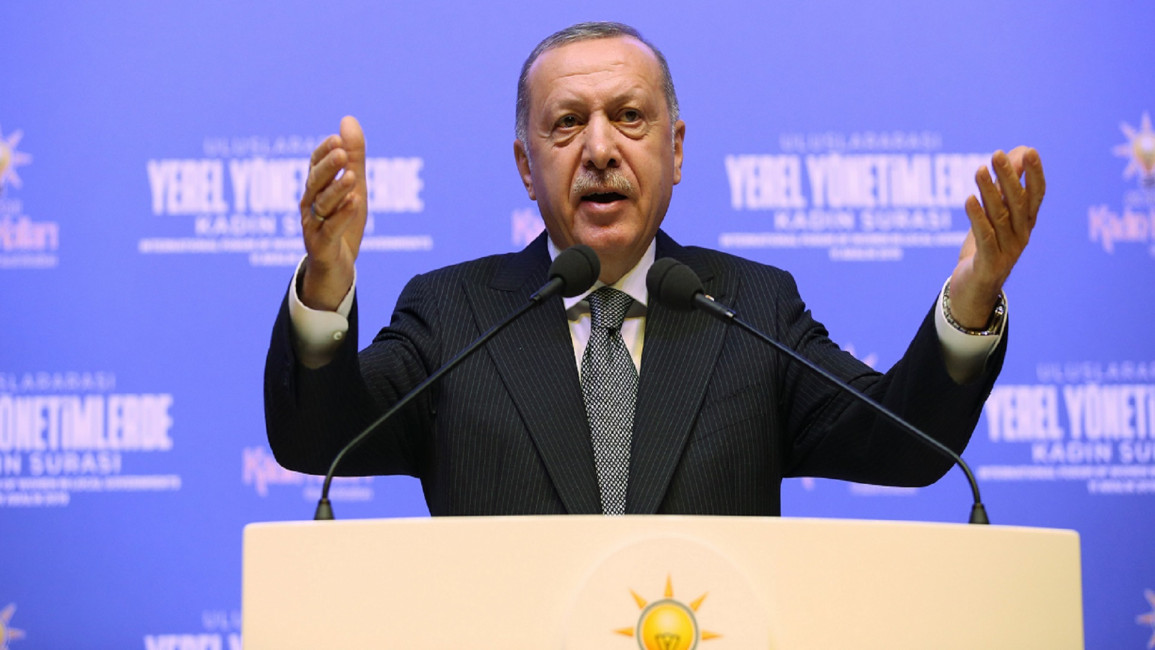Turkey and UK speed up fighter jet project amidst tensions
Work on the jets experienced stops and starts, with disputes over intellectual property, but it appears those have been ironed out and it’s full steam ahead, Foreign Minister Mevlut Cavusoglu told broadcaster A Haber on earlier today.
The two countries agreed a 100 million pound ($133 million) deal to develop Turkish fighter jets, and Turkey's Kale Group said it was setting up a joint venture with Rolls-Royce to work on the project.
In March 2017 Rolls-Royce had slowed down plans after the deal had been signed by Theresa May, who was prime minister at the time.
The Turkish defense firm Kale and Rolls-Royce said the engines would supply Turkey’s first TF-X aircraft, which would replace the F-16 fighter jets.
Completion of the aircrafts are projected for 2023.
This step is likely to cause yet more tension in the region, president Recep Tayyip Erdogan revealed Turkish soldiers could be deployed to Libya if the North African country’s government were to make a request.
In a televised interview with TRT the Turkish leader said: "If Libya were to invite Turkey, of course Turkey would have the right to go as per the accord."
|
In yet further conflict in the region, Turkey's parliament last week endorsed a controversial deal on maritime boundaries in the Mediterranean.
Turkey may use its military forces to freeze any exploratory gas drilling in waters off Cyprus that it claims as its own, Ankara's foreign minister has warned.
Speaking to pro-government news channel A Haber, Turkish Foreign Minister Mevlut Cavusoglu said Turkey "has the right to prevent" any unauthorised drilling in waters that it says fall within its own continental shelf.
Asked specifically if Turkey could use military means to stop such drilling, Cavusoglu said "of course".





